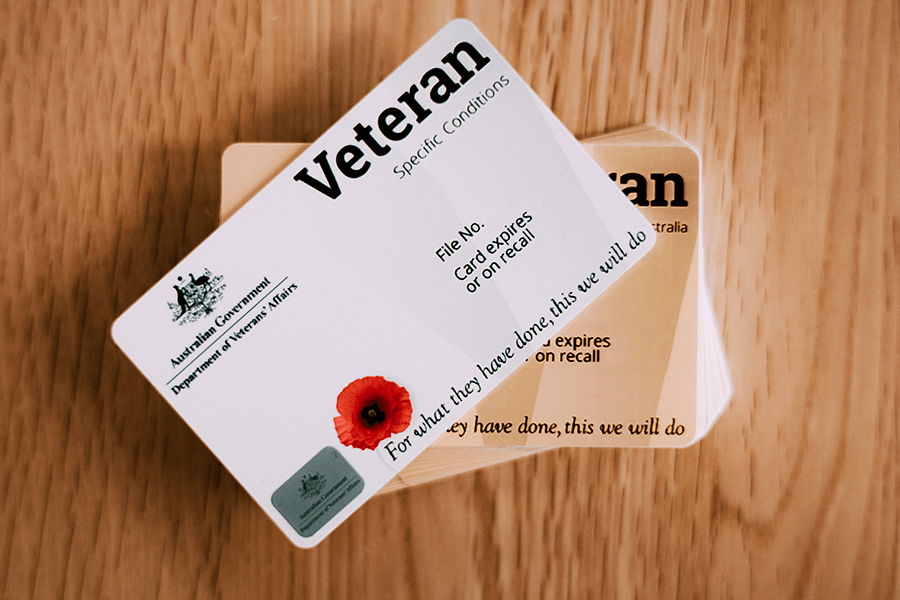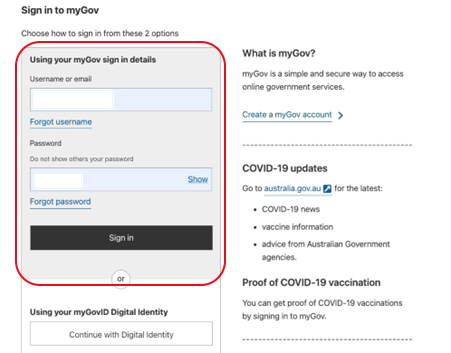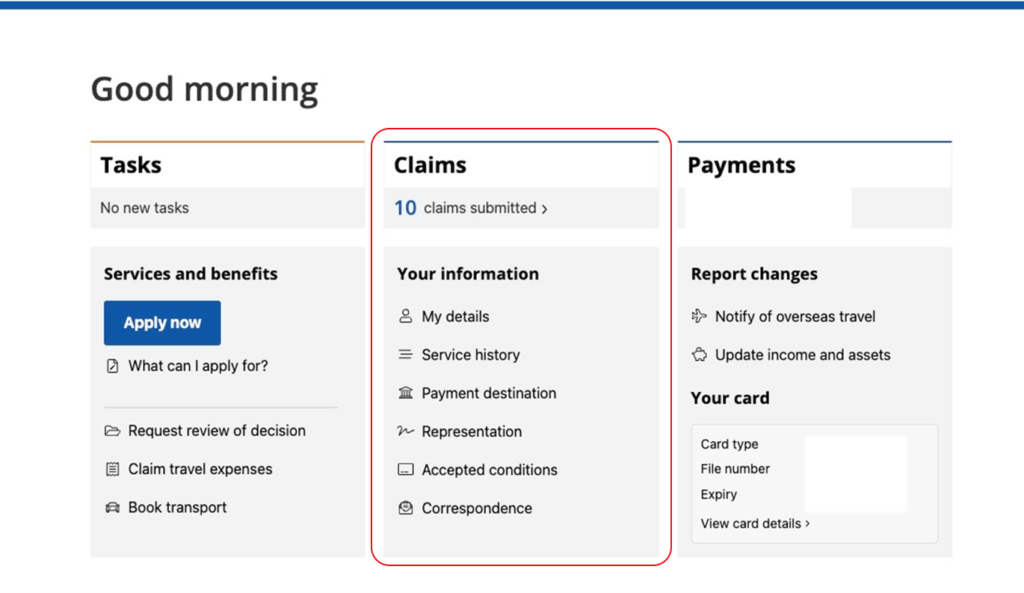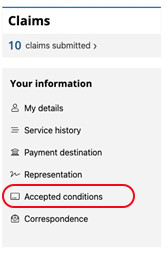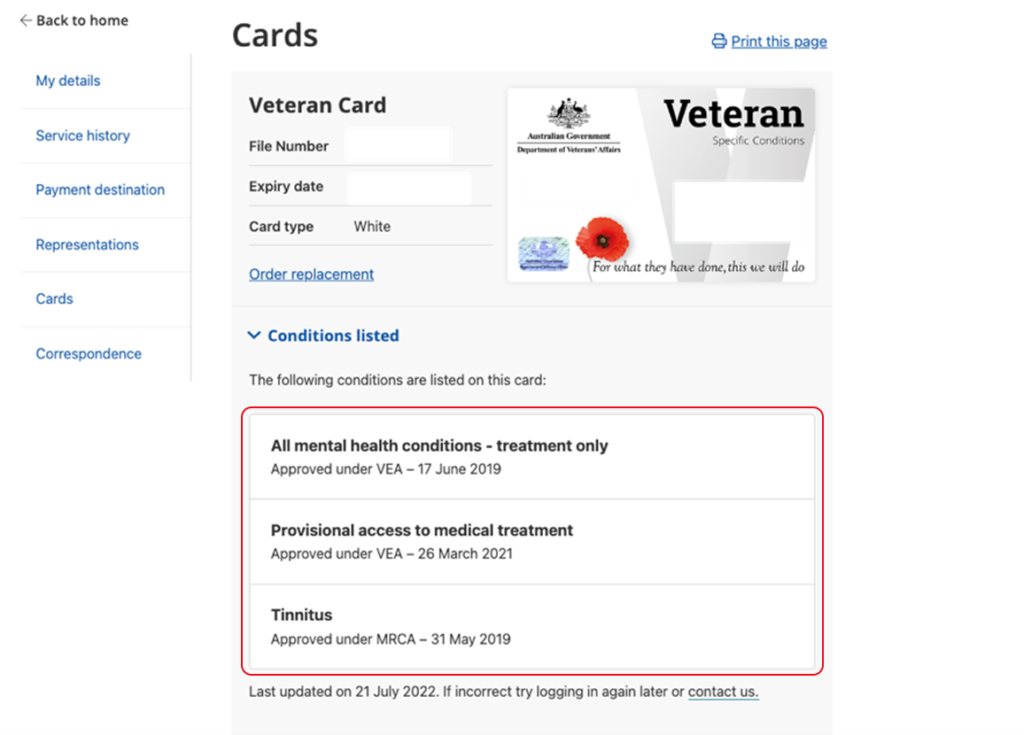Lower back pain is a prevalent issue affecting millions of people worldwide. While numerous factors contribute to this condition, one often overlooked aspect is weight management. Maintaining a healthy weight is crucial in alleviating and preventing lower back pain. In this blog post, we will explore the connection between weight management and lower back pain, discuss the impact of excess weight on the spine, and provide actionable tips on how to maintain a healthy weight through diet and exercise.
The Impact of Excess Weight on the Spine
The spine is a complex structure composed of bones, discs, muscles, and ligaments that support the body’s weight and enable movement. Excess weight, particularly around the abdomen, can place additional strain on the spine, leading to lower back pain. Here’s how excess weight affects the spine:

- Increased Load on the Spine: Carrying extra weight increases the load on the spine, causing the vertebrae and discs to work harder to support the body’s weight. This added stress can lead to wear and tear, resulting in pain and discomfort.
- Postural Changes: Excess weight, especially in the abdominal area, can cause a forward shift in the body’s centre of gravity. This shift can lead to poor posture, as the body compensates to maintain balance. Poor posture, in turn, can strain the lower back muscles and ligaments.
- Disc Degeneration: The intervertebral discs act as shock absorbers between the vertebrae. Excess weight can accelerate the degeneration of these discs, leading to conditions such as herniated discs, which are common causes of lower back pain.
- Muscle Imbalance: Carrying extra weight can lead to muscle imbalances, as certain muscles may become overworked while others weaken. This imbalance can contribute to lower back pain and discomfort.
The Role of Diet in Weight Management and Lower Back Pain
Diet plays a crucial role in weight management and, consequently, in alleviating lower back pain.
Here are some dietary tips to help maintain a healthy weight and support spinal health:
- Balanced Diet: Consume a balanced diet rich in fruits, vegetables, whole grains, lean proteins, and healthy fats. This ensures you get essential nutrients to support overall health and maintain a healthy weight.
- Anti-Inflammatory Foods: Incorporate anti-inflammatory foods such as berries, fatty fish, nuts, and leafy greens into your diet. These foods can help reduce inflammation, which is often associated with lower back pain.

- Limit Processed Foods: Avoid processed foods high in sugar, unhealthy fats, and empty calories. These foods can contribute to weight gain and increase inflammation in the body.
- Hydration: Stay hydrated by drinking plenty of water throughout the day. Proper hydration supports spinal health and can help reduce pain and stiffness.
- Portion Control: Practice portion control to avoid overeating. Eating smaller, balanced meals throughout the day can help maintain a healthy weight and prevent excess strain on the spine
Exercise and Physical Activity for Weight Management and Lower Back Pain Relief
Regular physical activity is essential for weight management and can help alleviate lower back pain. Here are some exercise tips to support spinal health:

- Low-Impact Exercises: Engage in low-impact exercises such as walking, swimming, or cycling. These activities are gentle on the spine and can help maintain a healthy weight.
- Strength Training: Incorporate strength training exercises to build muscle and support the spine. Focus on strengthening the core muscles, as they play a crucial role in stabilising the lower back.
- Flexibility and Stretching: Perform flexibility and stretching exercises to improve range of motion and reduce stiffness. Yoga and Pilates are excellent options for enhancing flexibility and supporting spinal health.
- Regular Activity: Aim for at least 30 minutes of physical activity most days of the week. Consistency is key to maintaining a healthy weight and reducing lower back pain.
- Professional Guidance: Consider working with a physiotherapist or exercise physiologist to develop a tailored exercise program that addresses your specific needs and goals.
Integrating Dietetics and Physiotherapy
Combining the expertise of dietetics and physiotherapy can offer a holistic approach to managing lower back pain. Dietitians can provide personalised nutrition plans that promote weight loss and reduce inflammation, directly impacting spinal health. Meanwhile, physiotherapists can create individualised exercise programs to strengthen the back, improve posture, and enhance flexibility.
By working together, dietitians and physiotherapists can address both the nutritional and physical aspects of lower back pain, ensuring a comprehensive treatment plan that supports long-term health and well-being.
Weight management plays a significant role in alleviating and preventing lower back pain. By maintaining a healthy weight through a balanced diet and regular physical activity, you can reduce the strain on your spine and support overall spinal health. Remember, small lifestyle changes can make a big difference in managing lower back pain and improving your quality of life. If you are struggling with weight management or lower back pain, consult with healthcare professionals such as dietitians and physiotherapists to develop a personalised plan that works for you.
Take the First Leap
If you’re dealing with back pain, don’t go it alone. Combining physiotherapy and dietetics can make a world of difference. Reach out to your healthcare providers and start your journey towards a pain-free life. Remember, your back pain doesn’t have to be a permanent part of your life. With the right support and treatment, you can overcome it and enjoy a healthier, more active lifestyle.
Ready to take the first step? Join the Got Your Back Program today. Your back will thank you!




